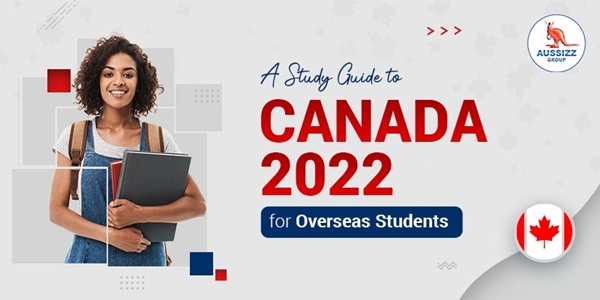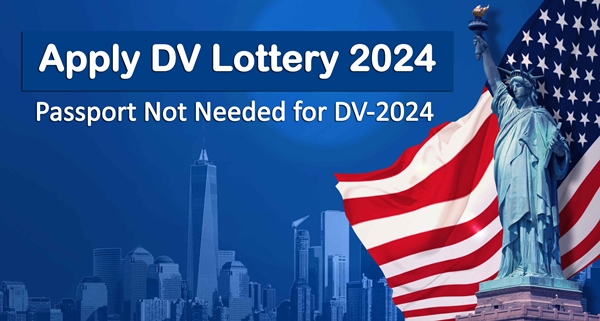
A VISA to Canada; On this page, we are going to guide you on how to become or settle in Canada as an International student with ease. Every Year, many students from across the world choose to come to Canada to pursue their education. And while starting at a new school can feel overwhelming for anyone, international students face a number of additional considerations.
However, A VISA to Canada “Moving countries can be a complex and stressful undertaking,” says Frank Psoras, Senior Vice President, Money-In Solutions at TD. “Fortunately, no one needs to do it alone – we’re here to help new Canadians feel confident as they settle into Canada, offering a number of resources, including personalized advice and online tools and resources specifically designed to support post-secondary students on their new adventure.”
A VISA to Canada: Settle in Canada as an International Student
Below are five tips to help international students get settled into life in Canada:
When choosing which school to attend, first determine which schools accept international students, known as Designated Learning Institutions. Once you’ve identified your preference, select one or two alternatives as a backup. A few factors can help narrow down your choices – like location or a school that offers your preferred specialty area.
Strategize your school pick
Every international student will have to prove their language proficiency in either English or French before arriving in Canada. Depending on the school, you may need to take a specific type of admissions test, so make sure to do your research and ensure the test you take is one they accept.
Apply for a Study Permit
Once you choose a school, whether it’s a college or university, you must apply to go there. Every school has different rules on how to apply however, the Government of Canada[1] suggests that you apply for your Canadian study permit at least one year in advance. You can apply online or at your local visa application center. Common requirements include an updated passport, proficiency in either English or French, an acceptance letter from your school confirming your enrollment, no criminal record, proof of funds to show you can finance your studies and living expenses in Canada, and proof you will leave after your permit expires.
Get your finances in order
FOR a VISA to Canada for study permits, you’ll need to prove that you are financially capable of supporting yourself while living in Canada, which means you’ll need to open a bank account. All banks provide two basic accounts for customers: savings accounts and chequing accounts.
A savings account allows you to deposit money for safekeeping while also earning interest on your balance. The amount of interest earned differs between banks, so make sure to research the best one for you.
A chequing account provides a place for you to store your daily spending money. This is where any incoming money will be deposited, and where you can directly transact from using a debit card, pay off a credit card or send, request or receive money via Interac e-Transfer.
At TD, when you apply for and participate in the TD International Student GIC Program, you will receive a TD Student Chequing Account and TD International Student GIC which can help you expedite your study permit application through the Government of Canada’s Student Direct Stream (SDS). You can fund your chequing account and GIC and earn interest on your investment while still overseas. The application process is fully digital and simple, with no application fee.
In order to be eligible for faster processing of your study permit through the Government of Canada’s SDS, you must be planning on studying at a post-secondary designated learning institution in Canada, be at least 18 years of age, and be a legal resident living in one of the following countries: China, India, Morocco, Pakistan, the Philippines, Senegal or Vietnam.
Make Canada your home
When getting settled into a new country, you’ll want to arrange necessities, like housing, either before you arrive in Canada or once you get here. Looking into on-campus options at your school is a great way to start as it can be a convenient and accommodating choice as well as a great way to meet other students. Setting up a mobile plan is also essential, and most phone providers have student plans and packages.
At first, Canada may feel unfamiliar. To help get to know your area consider trying new restaurants, joining a local activity or a group, and exploring local attractions. It will only be a matter of time until you start feeling like Canada is your new home.
To learn more about how you can get started on your journey to Canada or to apply for the TD International Student GIC Program, visit td.com or speak with a TD advisor in a branch for more information.




